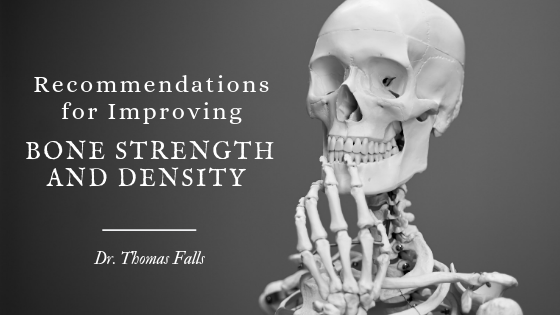As we age, our bones begin to lose density and become more brittle. This is why fractured bones are more common in the elderly.
The best way to maintain bone strength and density as we age is by following certain nutritional and exercise recommendations.
Many people are surprised to learn that our first two decades of life can have a huge impact on our bone health as the years go on. If you’re over the age of twenty, don’t be discouraged. There are still steps you can take to improve bone health and reduce your risk of developing osteoporosis.
It’s recommended to start thinking about your bone density as early as possible — typically before menopause for women and before the age of 65 for men — but everyone’s body is different.
Diet and Nutrition
Calcium and vitamin D are vital for improving the health of your bones. It’s best to get these nutrients through your diet. Milk and other dairy products are great sources of calcium, but many foods and drinks are now fortified with calcium and other nutrients. Vitamin D can also be found in sunlight, so spending some time in the sun can actually help your bones.
Eating a balanced diet with many fruits, grains and vegetables can provide your body with other vitamins and minerals that can help bone strength, such as magnesium and phosphorus.
Drinking too much alcohol, smoking cigarettes and consuming more than three cups of coffee each day have all been linked to decreased bone mass, so it’s recommended to limit your intake of these substances.
Get The Most of Your Workout Regimen
Exercise is an important part of a healthy lifestyle, but certain physical activities are especially beneficial for your bones. Weight-bearing exercises are known to be especially helpful. Running, lifting weights, and aerobics are great examples.
Swimming is a great exercise because it doesn’t strain your joints as much as a weight-bearing exercise would, but that also means exercises like swimming won’t help your bones as much.
Having a balanced routine of both weight bearing and non-weight bearing exercises can give you the best of both worlds.
Have an Honest Conversation With Your Doctor
Certain chronic conditions can put a person at risk for decreased bone density. Celiac disease is one example. Steroids and other medications can also contribute to osteoporosis.
When your doctors know more about your lifestyle and your risk factors, they can help tailor a prevention strategy that works for you.

